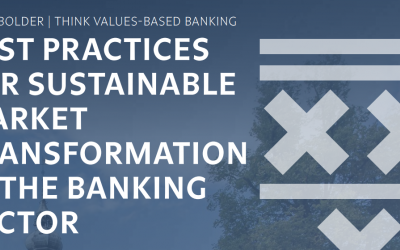Brazilian beef giants agree to moratorium on Amazon deforestation
In the past decade Brazil has accounted for roughly half of tropical deforestation in the world, with just less than 10 million hectares of deforested land being used for cattle.

In the past decade Brazil has accounted for roughly half of tropical deforestation in the world, with just less than 10 million hectares of deforested land being used for cattle.
Brazil is one of the most important players when it comes to developing a climate framework for Reducing Emissions from Deforestation and Forest Degradation (REDD).
According to journalist Rhett A. Butler, Brazil is playing a one-sided game, and instead of advocating a market-based approach to REDD, where they could exchange carbon credit generated from forest conservation, Brazil is instead calling for funds from industralised countries.
While the government is halting their progression with the fight against climate change, as they wait for other countries to contribute $21 billion to the Amazon fund (a fund set up to help the end of deforestation), Brazilian businessmen across the country have already put into action several ways to fight climate change.
Cattle ranching accounts for 65-70% of the deforestation in the Brazilian Amazon rainforest, and businessmen across Brazil want to vastly decrease this statistic.
Cows have long been a cause of debate as to whether they do in fact account for some of the reason for the rapid increase in climate change. This is usually to do with their dung, and the methane emitted from it. However, there are other reasons too, as to produce a kilo of beef it takes up to seven times more farmland than to create other protein-rich products.
As well as this, since 2006, 38,600 square miles of Amazon rainforest have been razed to be used for cattle grazing. Add this to the amount of rainforest land already used by farmers, this means that overall 214,000 square miles of deforested land is used by the cattle industry.
Often this land is illegally deforested. Blairo Maggi, once a soybean tycoon, received the Greenpeace Golden Chainsaw award, in 2005, for the havoc he has wreaked on the Amazon.
Blairo Maggi has since decided to turn his hand to 'green beef' when he was accused of being one of Brazil's biggest climate change villain's. Maggi, is now part of beef royalty, and is two time governor of Mato Grosso, the frontier state in beef production and the number one beef exporter in the world.
After signing on to a 2006 moratorium on selling soybeans harvested from recently deforested lands, Maggi last year extended the ban to Amazon beef cattle, urging others to join him.
Fortunately for Maggi, other savvy businessmen latched on to this idea of 'green beef', and are helping the fight against deforestation, and turning the worldwide meat production into a more environmentally sustainable industry.
Brazil's second largest Beef exporter, Bertin, has also declared that they would create a moratorium on buying cattle from ranches and farms associated with deforestation.
This came after the controversial decision by World Bank's International Finance Corporation (IFC) to take back $90 million after they discovered, through a Greenpeace report, that Bertin was buying beef produced on illegally forested land.
Bertin will continue their green attitude further, and by 2011 is going to have a traceability system on their cattle, so that it can track cattle as it moves about the country, making sure that none of it is on illegal land. Wal-mart, Carrefour and Pão de Açúcar, swiftly followed suit, and cancelled all contracts with suppliers who were believed to have grazed cattle on deforested land.
After this a Brazilian federal prosecutor filed a billion dollar lawsuit against the cattle industry, stating irrevocable environmental damage caused to the Amazon. Firms now will be fined 500 reais per kilo of illegal beef. One of the only beef producers that have yet to change their policies is JBS, who were recently investigated and several executives were arrested for corruption, fraud and collusion.
CEO of Bertin, Fernando Bertin, said: "Environmental responsibility is increasingly relevant for a company like ours to maintain and enhance its position in Brazil and abroad. Today, we are making a fundamental step."
It is hoped that due to the size of Bertin's operations in Brazil, that the decisions of such influential businessmen will have a huge impact in turning the rest of the Brazilian cattle industry green, along with other industry's.
Author: Charity Knight | Climate Action
Image: Threat to Democracy | flickr

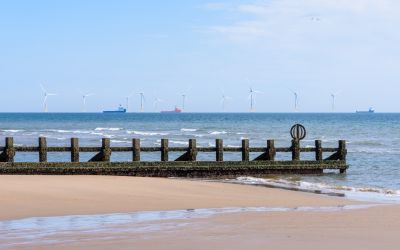
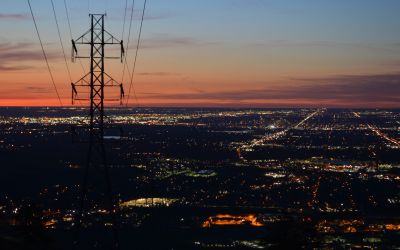
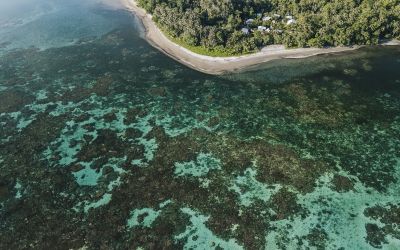
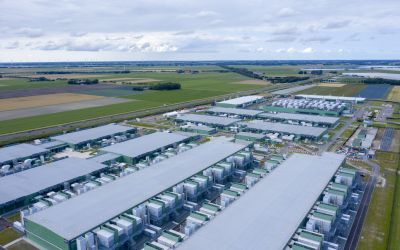
_400_250_80_s_c1.jpg)
